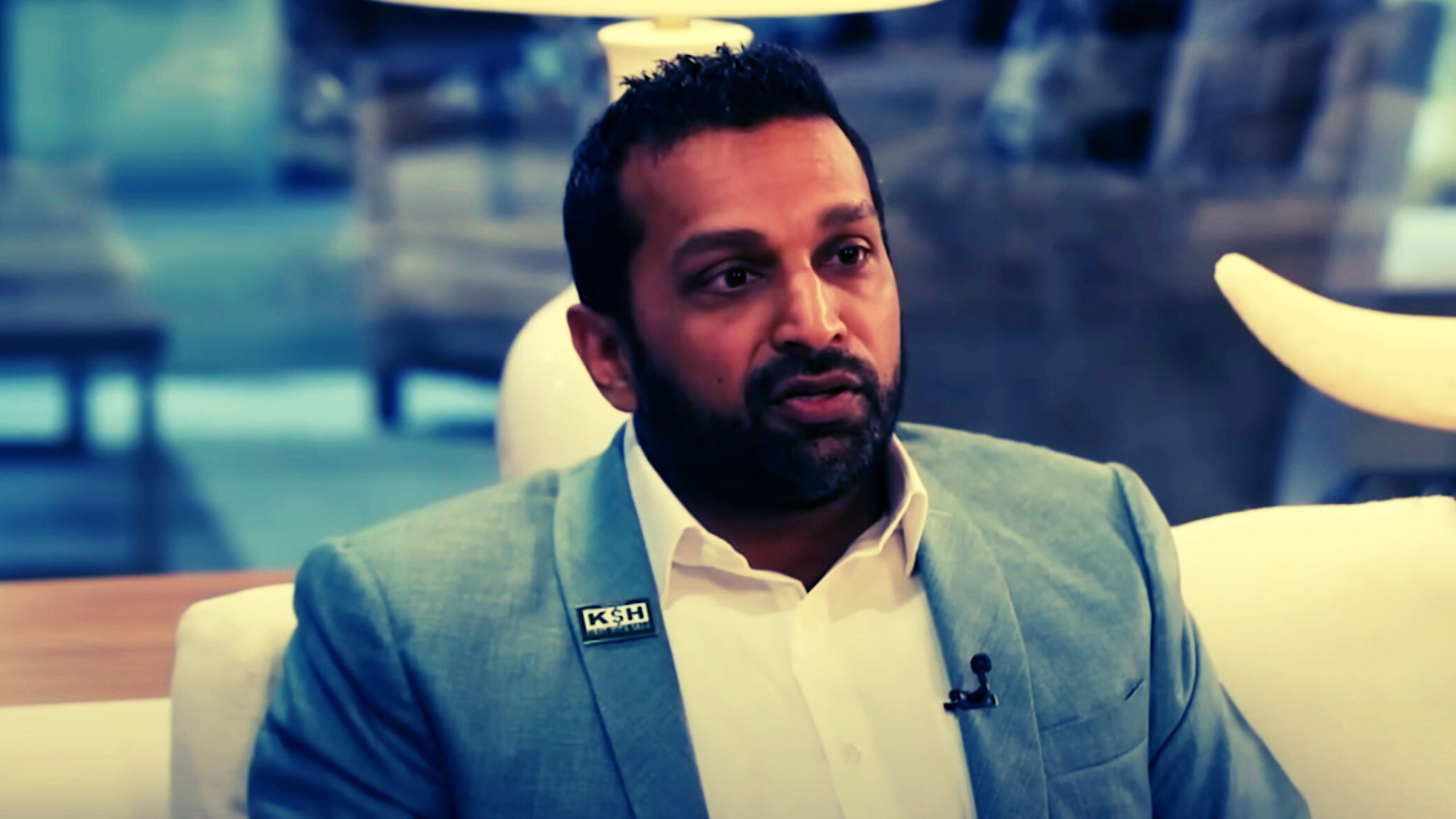A damning report from Department of Justice (DOJ) Inspector General Michael Horowitz has revealed that, in 2017, the Justice Department engaged in secret surveillance of lawmakers, congressional staff, and journalists.
We obtained a copy of the report for you here.
As we covered back in September in our When The Watchdogs are Watched report, the covert collection of records targeted a wide range of individuals. CNN reported that the DOJ obtained communications from prominent figures such as Reps. Adam Schiff (D-CA) and Eric Swalwell (D-CA), along with Kash Patel, who served as a Republican staffer for the House Intelligence Committee at the time.
The surveillance extended to 21 Democratic congressional staffers, 20 Republican staffers, two nonpartisan congressional staffers, and eight journalists from major outlets, including CNN, The Washington Post, and The New York Times. Patel has since been nominated by President-elect Donald Trump to lead the FBI.
In the Inspector General’s findings, Horowitz expressed alarm over the potential consequences of these actions. He emphasized that pursuing such investigations so closely tied to classified leaks and subsequent media reporting could undermine the legislative branch’s ability to perform its constitutional duty of executive oversight.
Horowitz stated that these actions could create “the appearance of inappropriate interference by the executive branch in legitimate oversight activity by the legislative branch,” thereby eroding trust in governmental accountability.
Although Horowitz’s report did not conclude that political retaliation or partisan motives drove the surveillance, it highlighted procedural lapses and the need for greater safeguards. The Justice Department failed to disclose to lawmakers and staffers that nondisclosure orders (NDOs) were in place, preventing them from being notified that their communications were under scrutiny.
At the time, DOJ policy did not mandate such disclosure, leaving room for potentially unchecked executive action.
The Inspector General’s recommendations for reform were pointed and urgent. Among them, he advised:
- Requiring senior-level review—potentially by the Deputy Attorney General or Attorney General—before issuing compulsory processes in cases involving members of Congress.
- Ensuring that NDOs explicitly inform reviewing judges when records pertain to lawmakers or their staff.
- Considering exhaustion requirements before resorting to compulsory processes for congressional communications.













